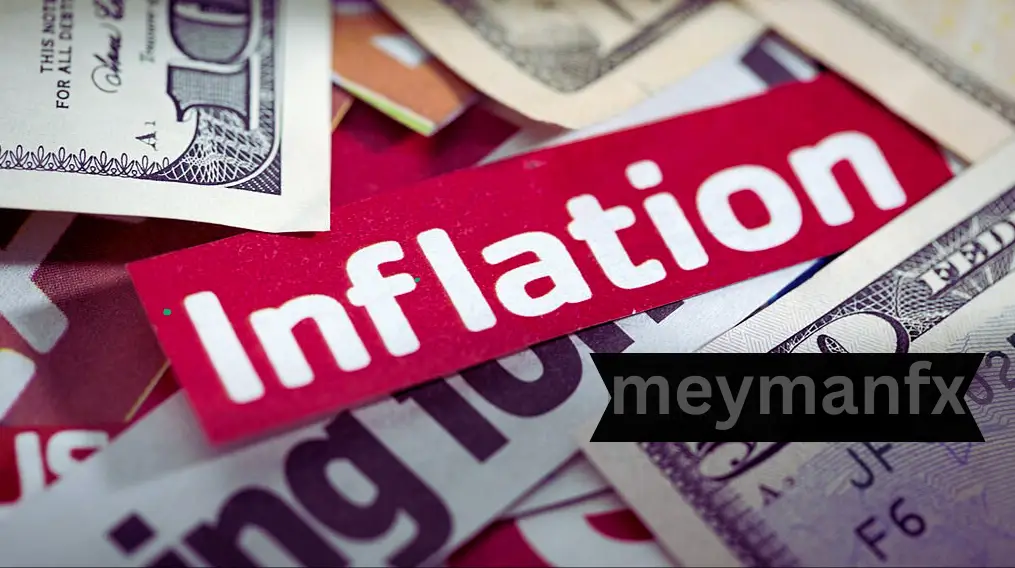
In dramatic contrast, UK natural gas futures have soared significantly above the Europe benchmark contracts with speculative market players clearly readying themselves for an upswing in demand during the winter season.
Nov contracts forBritish gas have been trading rather at a 2% premium to Europe’s most liquid gas futures, the Dutch contracts over the last few days, something which was not the case at this time of the year last year.
Usually cost less than the Dutch benchmark during summer UK futures revert to a premium to meet more supplies in winter. This year, that trend has been further compounded by increased tension in the Middle East and unrest in Qatar – a leading LNG supplier.
Dutch front-month futures – Europe’s gas benchmark that hit a record high on Tuesday – was 0.4% lower at €38.77 per MWh as of Wednesday morning in Amsterdam. At the same time the UK equivalent declined by 0.4 to 96.79 pence per therm, or €39.30 per megawatt-hours.
Although both contracts fell back after gaining the previous week because of untroubled Middle Eastern energy supplies, traders are on guard as geopolitical threats linger.
For instance, the UK will have very little storage of gas in winter, unlike several other EU nations. It currently has fewer than 8 days’ supply of storage capacity for power demands during freezing conditions, while Germany boasts 89 days. This means that the UK sends out extra gas to EU countries in the summer and import it during the winter over two pipelines that links it to the Netherlands and Belgium.
“A long-lasting cold spell can empty UK storage very swiftly, which is why it must price at a higher level than the continental,” Nick Campbell, the managing director at Inspired Plc, said.
S&P Global gas market analyst Elizabeth Kunle added that further decrease in the UK’s gas futures premium is due to a dip in LNG deliveries in early 2019. LNG vessels have been calling terminals northwest Europe and Italy more than UK, she pointed out.
Between January and September, the shipments of LNG to the UK declined about 54 percent compared to the corresponding period of 2023, the ship-tracking data complied by Bloomberg showed. At the same time, the EU has increased its LNG import capability and is therefore not as dependent on supplies from the UK and domestic gas demand in UK power generation has lowered as well.
Still, Kunle indicated that the current figure may not be the permanent situation — unless the weather gets wetter. The UK could stay a net exporter of the fuel in November due to a “quite robust” home supply, she added.





